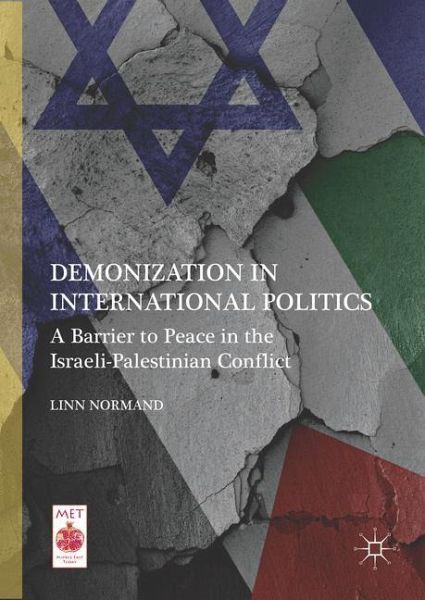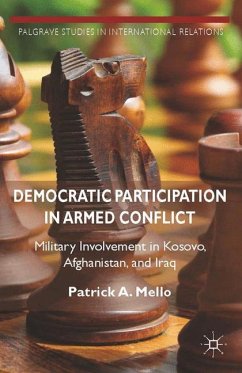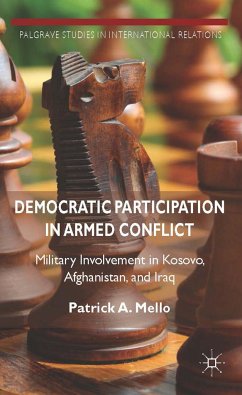
Demonization in International Politics
A Barrier to Peace in the Israeli-Palestinian Conflict

PAYBACK Punkte
34 °P sammeln!
This book investigates demonization in international politics, particularly in the Middle East. It argues that while demonization's origins are religious, its continued presence is fundamentally political. Drawing upon examples from historical and modern conflicts, this work addresses two key questions: Why do leaders demonize enemies when waging war? And what are the lasting impacts on peacemaking? In providing answers to these inquiries, the author applies historical insight to twenty-first century conflict. Specific attention is given to Israel and Palestine as the author argues that war-ti...
This book investigates demonization in international politics, particularly in the Middle East. It argues that while demonization's origins are religious, its continued presence is fundamentally political. Drawing upon examples from historical and modern conflicts, this work addresses two key questions: Why do leaders demonize enemies when waging war? And what are the lasting impacts on peacemaking? In providing answers to these inquiries, the author applies historical insight to twenty-first century conflict. Specific attention is given to Israel and Palestine as the author argues that war-time demonization in policy, media, and art is a psychological and relational barrier during peace talks.












